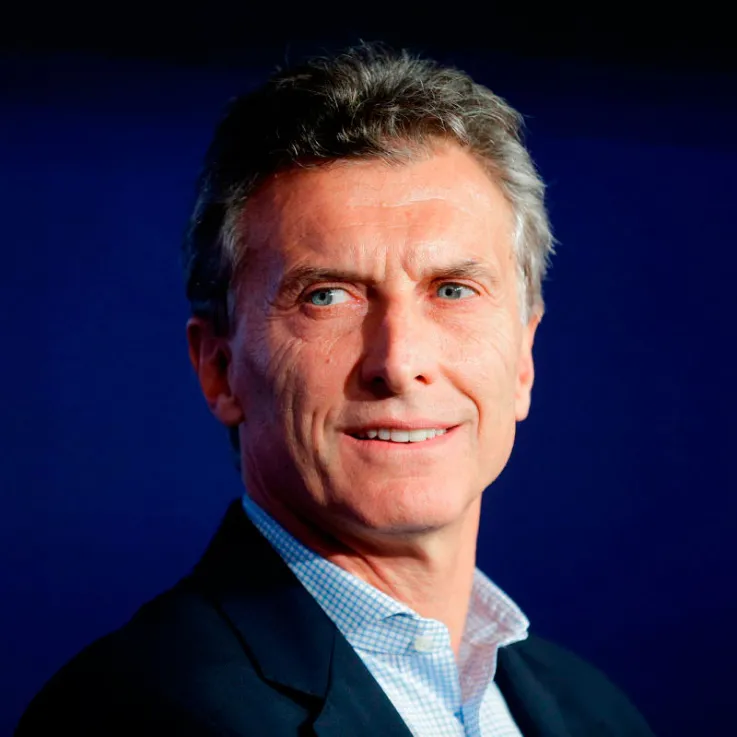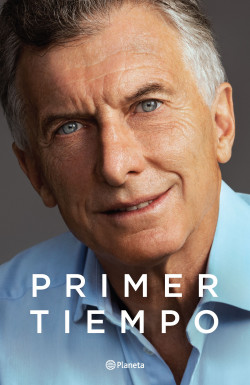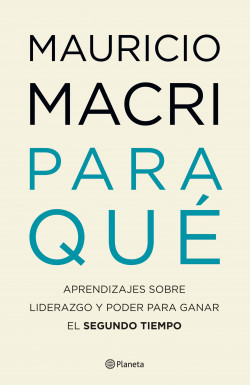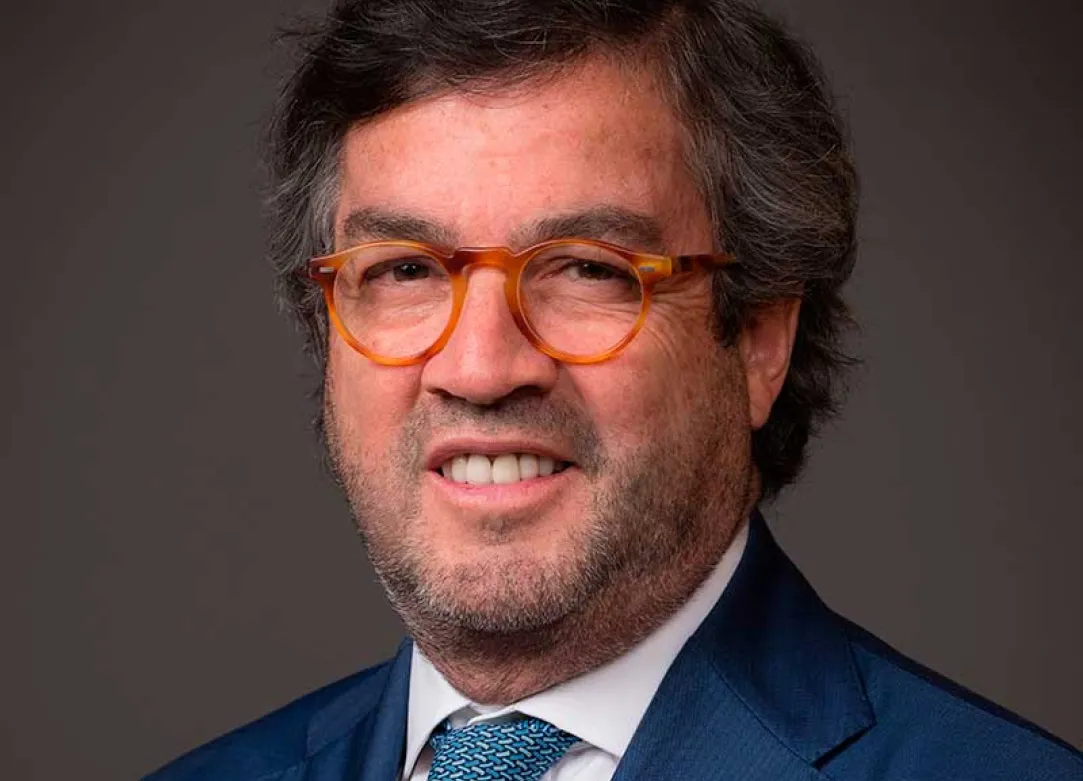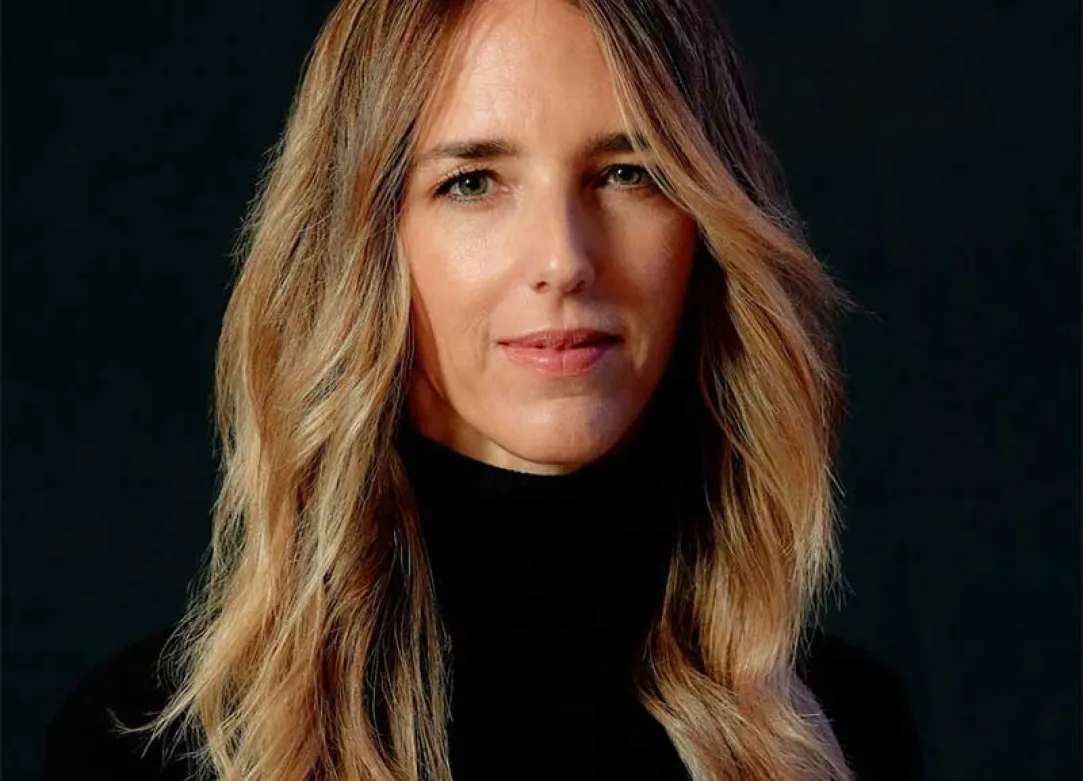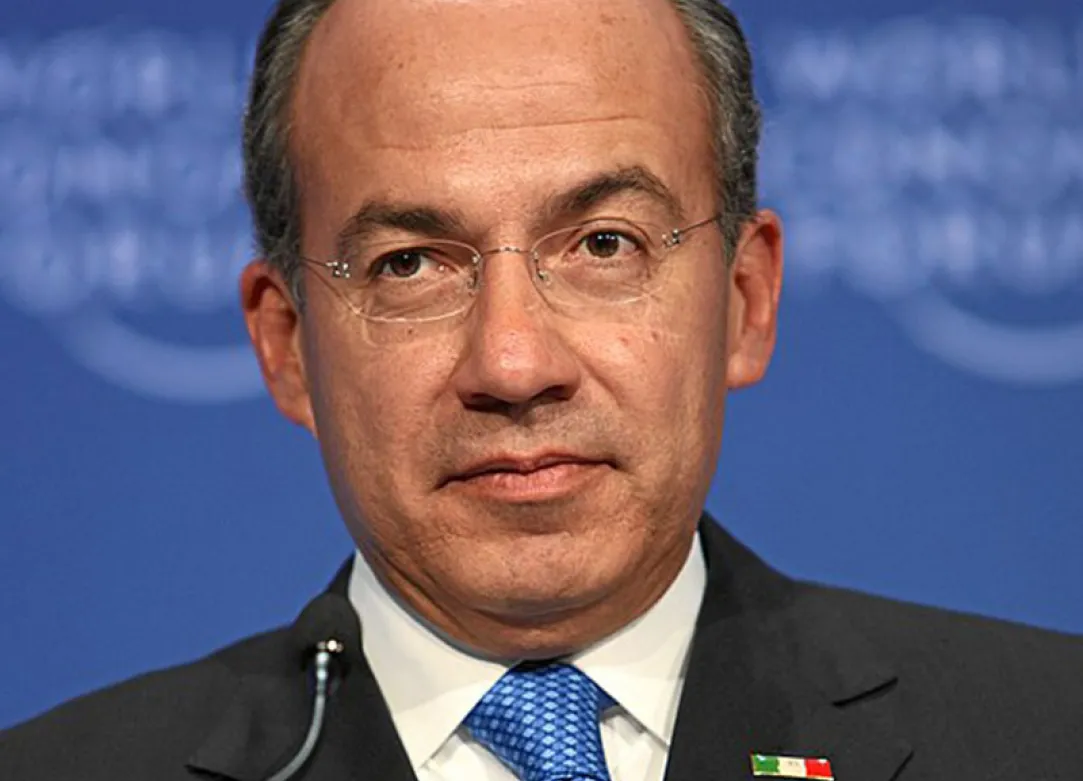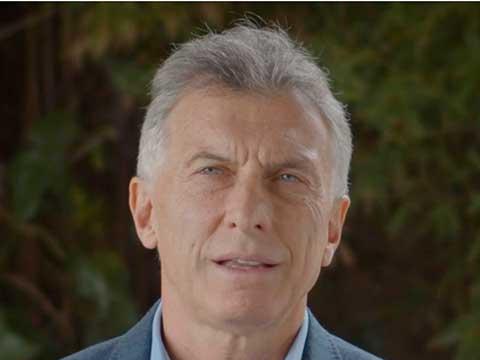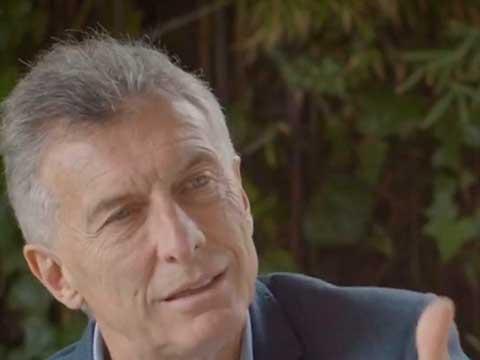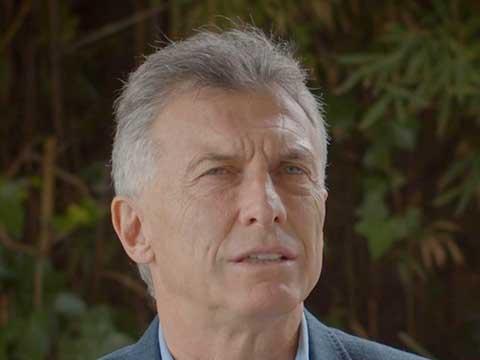Mauricio Macri was President of Argentina from 2015 to 2019. He was twice elected as Mayor of the City of Buenos Aires, National Congressman, three-time President of Boca Juniors Football Club and featured twice as one of the 100 most influential people in the world by TIME magazine in 2016 and 2018. In 2005, he founded a party that led him to be elected Mayor of the City of Buenos Aires and only 10 years later as President, ending 70 years of bipartisanship in Argentina.
After winning the 2015 presidential election, Mauricio Macri took office with a country on the verge of economic collapse. Despite having a minority in both chambers of the Congress, he achieved the country’s institutional transformation. His administration aimed to strengthen democracy, guarantee the powers’ independence and made management transparency an indispensable value to govern. He implemented the most ambitious infrastructure and energy plan in Argentina's history, connecting the entire territory physically (freight trains, planes, airports, routes and highways) and virtually (4G connectivity and optical fiber); revolutionizing the energy matrix to make it sustainable. Macri’s administration prioritized Argentina’s integration into the world and its opening to international markets. In 2018, Macri received the G20 members in Buenos Aires as the group’s first South American Chairman, he was praised by Donald Trump, Angela Merkel, Emmanuel Macron and other leaders for achieving one of the most consensual meetings in their history.
Mauricio Macri has received the Collar of the Order of Isabella the Catholic granted by King Philip VI of Spain; the Grand Cross of the Legion of Honor granted by France; Knight with Grand Cross with Collar of the Order of Merit of the Italian Republic; and the Grand Cross of the Mexican Order of the Aztec Eagle, among other international distinctions. In June 2019, he was awarded the FIFA Living Football Award, which is granted to outstanding personalities from around the world for their efforts to develop football.
Mauricio Macri is a member of the "Club de Madrid", a democratic forum of former Presidents and Prime Ministers, and of the "Democratic Initiative of Spain and the Americas" of the IDEA-Democrática Foundation.
In his lectures, President Macri shares an updated vision of Latin America and its geopolitical challenges. He was a Senior Leadership Fellow at Florida International University's Adam Smith Center for Economic Freedom, where he taught a course on "How to Lead Change: 8 Lessons from Business, Sports and Politics." He also delivers lectures at different international universities on topics such as the keys to positive leadership, building high performance teams, decision making, cultural change, consensus building, and dialogue as distinctive methods of work.
Macri is the Executive President of the FIFA Foundation, where he combines his three passions: education, football and working to forge a better future for young people. He is the author of "Primer Tiempo" (2021), a book that shares his reflections on the presidency, and "For what? (¿Para qué?)", a book where he shares lessons about leadership and power. He also directs the Macri Foundation, where he focuses on the future of Argentina on topics such as education, innovation with social impact and climate change, and the environment.
Mauricio Macri is a Civil Engineer from Universidad Católica (Argentina), and studied executive courses in economics, finance and management at Columbia University and the Wharton School of Business from the University of Pennsylvania.
